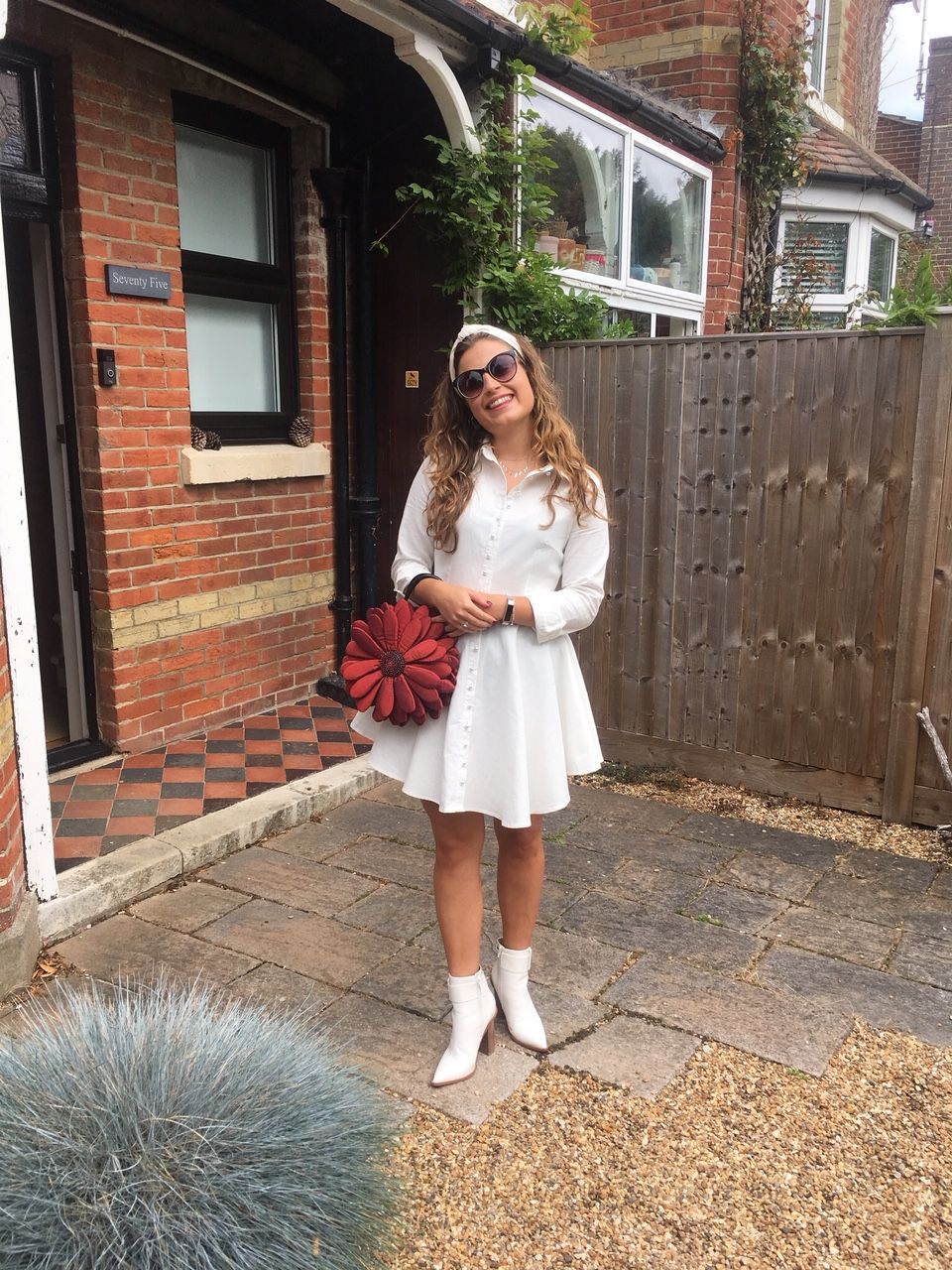On 8 January 1940, as World War II was raging in Europe - the entire nation was introduced to food rationing.
The country’s resources were focused on supplying troops and with food shortages on the home front, the Ministry of Food introduced rationing on bacon, butter and sugar. By 1942, meat, milk, cheese and eggs had been added to the list.
The people were told by the Ministry of Food that they had a duty to make the most of their food, stretching it to last as long as possible. Special recipe books were published to help cooks maximise food available to them and re-create traditional dishes from alternative ingredients.
Ration books were issued and purchases recorded by shopkeepers in the customer’s book. As the war progressed, clothes and fuel were also rationed in the same way. Many ration books survive today and a selection from both World War I and World War II is on display in the Willis Museum, operated by Hampshire Cultural Trust.
Two years later, on 26 July 1942, chocolate and sweet rationing began. Many popular sweets, such as flying saucers and lemon sherbets, were still available but production of jelly babies (introduced as Peace Babies to mark the end of World War I) was halted and did not resume until 1953 when they were renamed.
Weekly sweet rations were just four ounces (113g) – less than a bag of jelly babies today (150g). Thankfully, rationing came to an end in 1953 but today visitors to Basingstoke’s Milestones Museum can experience sweet rationing first-hand with an authentic ration from Abrahams, the museum’s 1940s sweet shop.
When sweet rationing did finally end, bringing sweets back into full circulation wasn’t that simple. The first attempt, in April 1949, saw demand far outstrip supply and sweets were put back on ration after just four months. This lasted until February 1953 when a second attempt was successful. Toffee apples, nougat and liquorice strips were best sellers on de-rationing day but there were no signs of panic buying as the price of confectionary had nearly doubled since the start of the war. Despite this, spending on sweets grew by an incredible £100 million in the first twelve months after rationing ended.
If you have enjoyed Culture on Call and you are able to make a donation, any support you can give will help us keep people connected.


